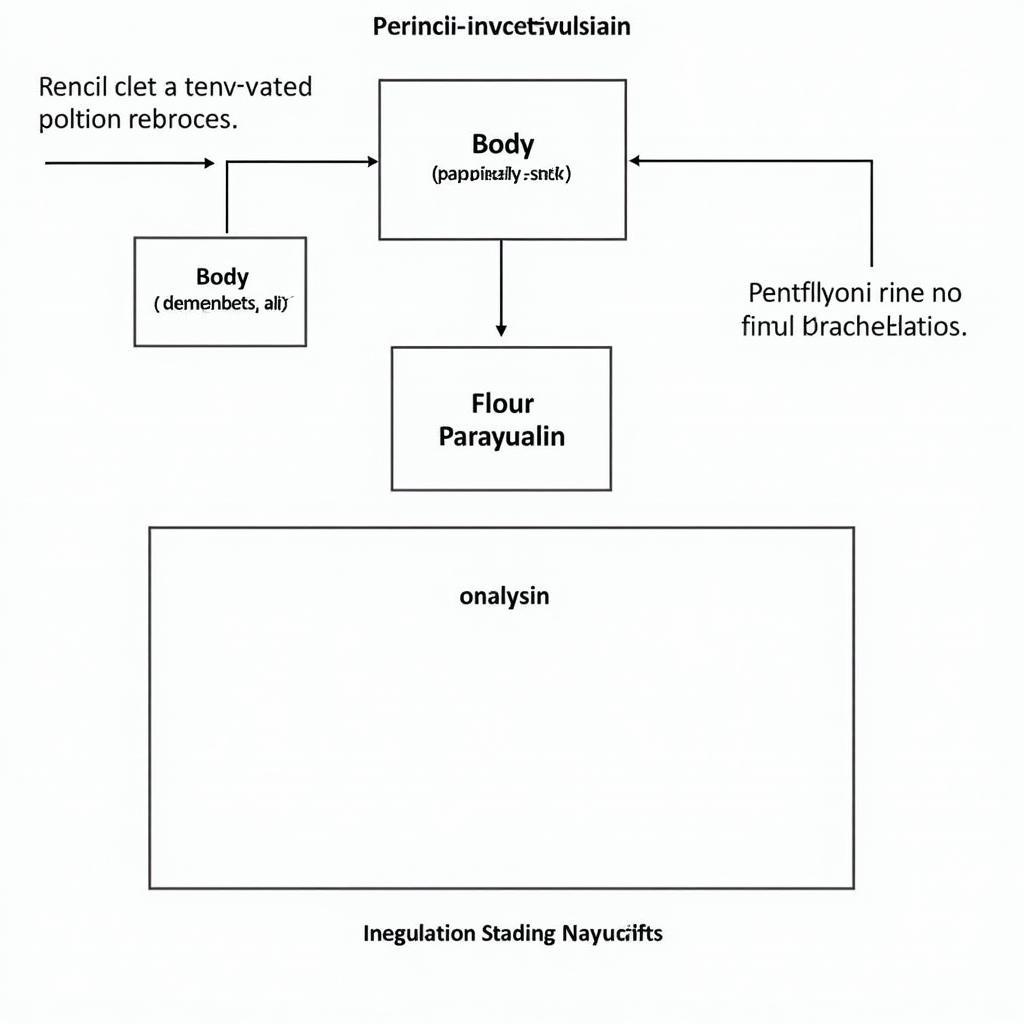Financial market regulation is a recurring topic in IELTS Writing Task 2, appearing roughly once every 4-6 months in various forms. Based on analysis of past exam questions, this theme frequently emerges in both agree/disagree and discussion essays, particularly following major financial events or market disruptions.
impact of market speculation on stocks has been a significant concern in recent years, making this topic increasingly relevant for IELTS candidates.
Let’s examine a recent IELTS question on this subject:
Some people believe that financial markets should be more strictly regulated by governments to prevent economic crises. Others argue that free markets work best with minimal government interference. Discuss both views and give your opinion.
Analysis of the Question
This is a discussion essay requiring:
- Analysis of both perspectives on financial market regulation
- Personal opinion with supporting arguments
- Balanced discussion of pros and cons
- Relevant examples and evidence

Sample Essay 1 (Band 8.5)
The debate over financial market regulation has intensified since the 2008 global financial crisis. While some advocate for stricter government oversight to prevent economic instability, others maintain that markets function optimally with minimal intervention. In my view, while complete deregulation is dangerous, a balanced approach to regulation is essential.
Proponents of stricter regulation argue that government oversight is crucial for preventing market failures and protecting consumers. The impact of mortgage defaults on banking system during the 2008 crisis demonstrated how inadequate regulation can lead to catastrophic consequences. Furthermore, tight regulatory frameworks can help prevent fraudulent activities, market manipulation, and excessive risk-taking by financial institutions. Strong oversight also ensures transparency and maintains public confidence in financial markets.
However, advocates of free markets contend that excessive regulation stifles innovation and economic growth. They argue that market forces naturally correct imbalances and that government intervention often creates inefficiencies. The impact of stock buybacks on market volatility shows how certain regulations can sometimes have unintended consequences. Additionally, over-regulation can increase compliance costs, reduce competitiveness, and limit access to financial services for smaller businesses and consumers.
In my opinion, the optimal approach lies in implementing smart, balanced regulation that protects market stability while fostering innovation. This could include robust oversight of systemic risks, consumer protection measures, and transparency requirements, while still allowing markets sufficient flexibility to innovate and grow. Modern challenges like Regulations on algorithmic trading in markets? demonstrate the need for adaptive regulatory frameworks that can evolve with technological advances.
Sample Essay 2 (Band 6.5)
Many people have different opinions about controlling financial markets. Some think governments should make more rules, but others want markets to be free. I will discuss both sides and give my opinion.
People who want more control say it is important to protect the economy. When banks and companies do whatever they want, they sometimes take big risks that hurt everyone. For example, in 2008, many banks gave loans to people who couldn’t pay them back, which caused big problems. Also, strict rules can stop people from cheating and lying about money.
On the other hand, some people think too many rules are bad for business. They say when governments control too much, it becomes harder for companies to make money and grow. It also costs a lot of money to follow all the rules, which makes everything more expensive for customers. Small companies might have trouble competing with big ones.
I think we need some rules but not too many. Governments should make sure banks and companies don’t do dangerous things, but they shouldn’t control everything. This way, businesses can still grow while staying safe.
Analysis of Band Scores
Band 8.5 Essay Analysis:
- Sophisticated vocabulary and complex structures
- Clear organization and cohesive devices
- Well-developed arguments with specific examples
- Balanced discussion with clear personal stance
- Academic tone throughout
Band 6.5 Essay Analysis:
- Simple but clear vocabulary
- Basic organization present
- Some development of ideas
- Limited use of complex structures
- More general examples and statements
Key Vocabulary to Remember
- Regulatory framework (n) /ˈreg.jə.lə.tɔː.ri/ – System of regulations and their enforcement
- Market manipulation (n) /mɑːkɪt məˌnɪpjʊˈleɪʃən/ – Artificial interference with free market forces
- Systemic risk (n) /sɪˈstemɪk rɪsk/ – Risk affecting entire market system
- Compliance costs (n) /kəmˈplaɪ.əns kɒsts/ – Expenses of following regulations
- Market volatility (n) /ˈmɑː.kɪt ˌvɒl.əˈtɪl.ə.ti/ – Rapid price fluctuations
Consider practicing with these similar topics:
- Role of central banks in financial stability
- Cryptocurrency regulation
- International financial market coordination
- Consumer protection in digital banking
Share your practice essays in the comments for feedback and discussion!